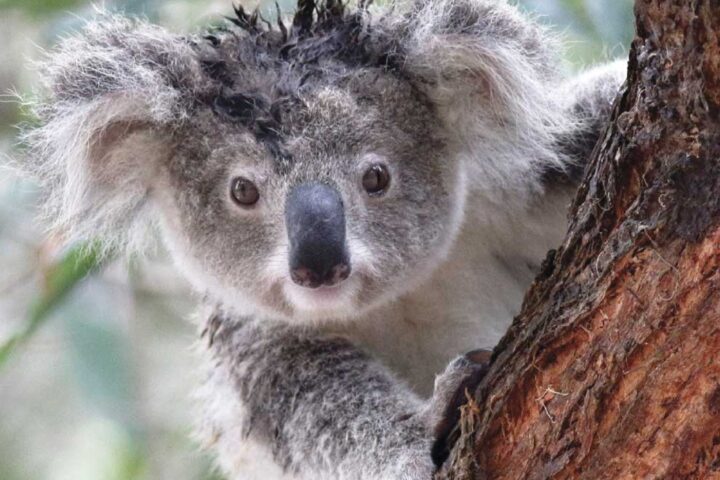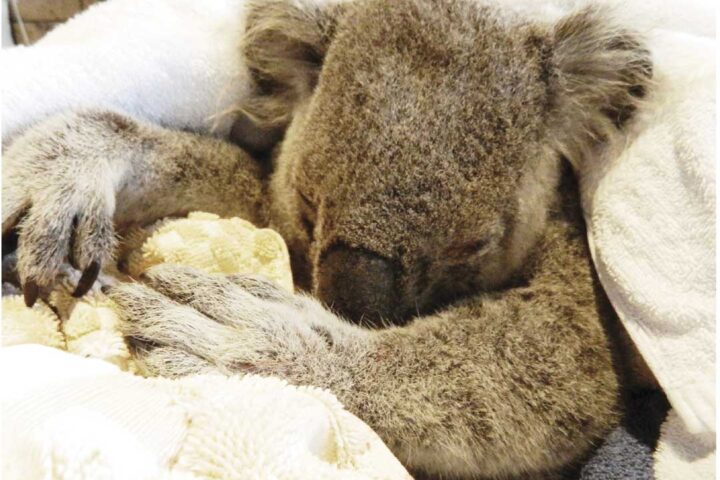New funding for dugongs in the Pacific could make a big difference to the future of the species
Updated Wed 25 Jun 2014, 3:31am AEST
Dugongs may look like overweight dolphins but actually they are more closely related to elephants.
Like their terrestrial cousins, they are herbivores and they are vulnerable to extinction.
The Pacific is an important part of their range and it may be about to benefit from new funding from the Global Environment Facility.
Mike Donoghue, threatened and migratory species advisor with the Secretariat of the Pacific Regional Environment Program, told Pacific Beat the funding could make a big difference.
He says dugongs are an ancient group of marine mammals whose diet is very restrictive, consisting solely of seagrass.
“Seagrass is particularly threatened by climate change in the oceans because it’s very sensitive to acidification so as more carbon dioxide goes into the water and the ocean ph drops and it becomes more acidic, it’s possible that seagrass will be particularly impacted,” he said.
“Also most of the great seagrass meadows are in coastal areas so they’re particularly susceptible to silt deposition [and] inappropriate coastal development.
“Dugongs are very slow swimming, [they’re] not particularly great at holding their breath so they’re very vulnerable.”
The threats include being taken directly, being entangled in nets or being hit by boats with outboard motors.
Mr Donoghue says the Pacific could play a significant role in the future of dugongs.
Funding plan for coastal Pacific communities
He says Pacific dugongs are particularly vulnerable because the populations are so isolated.
“They’re particularly susceptible to a whole bunch of human-induced threats and it’s a big concern for SPREP to try and encourage the countries that have dugong in this region to manage and maintain their populations,” he said.
An application to the Global Environment Facility is underway for a $5.8 million program to conserve dugong and seagrass. The Pacific would receive less than $1 million.
“That’s still a huge increase than before so if we are able to mobilise those sort of funds, if we can get some partners and donors to realise the critical state that dugong is in, then it does provide us with an opportunity to protect and conserve the remaining population for future generations,” he said.
“Probably the most significant part about this is that because they’re a very coastal species, often in areas where people live, the key thing about this program will be to encourage communities in Papua New Guinea, in New Caledonia, Palau, Vanuatu and Solomon Islands to take responsibility for looking after these animals [and] to encourage them by providing some funding support.
“Perhaps also to encourage people to come and visit them and to generate revenue for those communities through ecotourism.”




